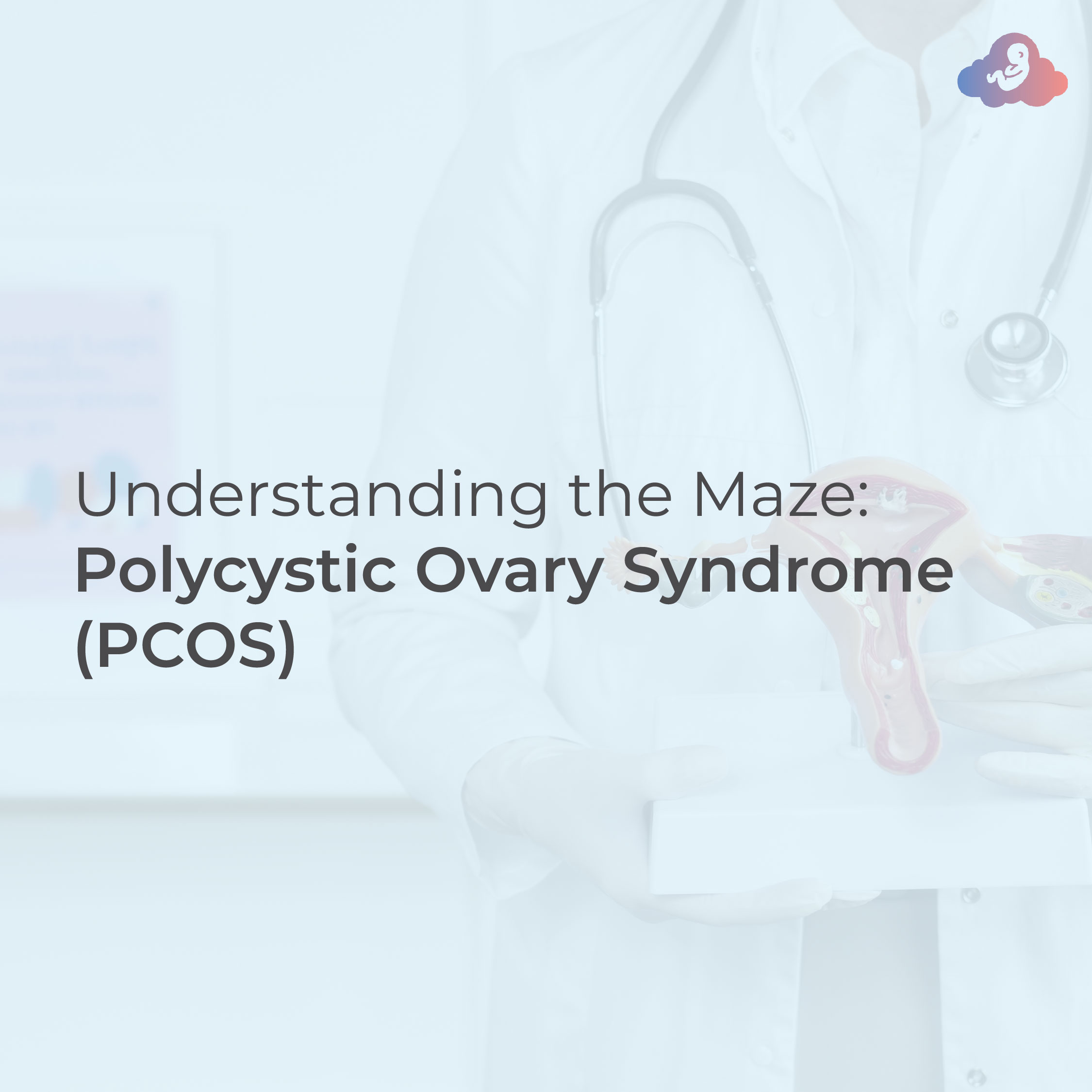Introduction
Infertility is an exasperating diagnosis. Having idiopathic infertility takes a difficult issue and makes it even more complicated. You may find comfort in the fact you are not alone in this struggle. In fact, 1 in 7 couples experience infertility. Better news: A diagnosis of infertility leads to treatment and the likelihood of a successful treatment increases to 50%.
What is idiopathic infertility?
Infertility is the inability to become pregnant after 12 months or longer of unprotected sex or six months or more if you are a woman aged 35 or older. Idiopathic infertility has no diagnosed cause. It is also known as unexplained or undiagnosed infertility. Sometimes further in-depth testing can reveal an underlying cause of infertility.
How common is idiopathic infertility?
In the United States, 9% of men and 11% of women experience infertility. Of those diagnosed with infertility, around 30% suffer from undiagnosed infertility.
An idiopathic infertility diagnosis is both good and bad news. The good news is there is nothing clearly causing your fertility issues. The bad news, there’s nothing clearly causing your fertility issues. Receiving an infertility diagnosis, however, doesn’t mean that you won’t conceive successfully.
Pregnancy development is dependent on numerous molecular and biochemical events happening perfectly. Standard fertility tests don’t cover all aspects of conception, which can lead to a missed cause of infertility. Each case of infertility is as unique as the person experiencing the complication.
What can cause the unknown?
If idiopathic infertility has no known cause, how can we know what actually causes it? Undiagnosed infertility is potentially only undiagnosed because of the current limitations of medical science. Also, you may have a fertility issue that is just more difficult to diagnose for some reason. There is still so much we don’t understand about the workings of the body. The inability to find a cause of infertility does not mean there is not an underlying cause. A few of the issues that could be causing your infertility and may be harder to diagnose include:
- Egg quality — A woman is born with all the eggs her body will ever produce. As she ages, the quality of the eggs decreases. This can lead to fertility issues.
- Sperm damage — In men, sperm damage could lower the chances of successful conception.
- Endometriosis — Some women who have endometriosis have very mild cases and their only symptom is infertility. If mild endometriosis is the issue, intervention may improve fertility chances.
- Luteal phase defect (LPD) — LPD is a defect when inadequate progesterone secretion by the ovaries or the endometrium isn’t responding to normal progesterone production.
What are some treatment options for idiopathic infertility?
A diagnosis of undiagnosed infertility, in theory, looks great on paper despite something obviously not working correctly. This diagnosis doesn’t mean you won’t grow your family. Treatments are available and may help boost your chances of fertility. Some of these treatments are:
- Ovarian stimulation — Medication prescribed by your medical provider can help increase the number of ovulated eggs and boost the monthly pregnancy rate. When used with timed intercourse or intrauterine insemination, a pregnancy can occur in the first three months.
- Intrauterine insemination (IUI) — IUI is a fertility treatment also known as artificial insemination. Specially prepared sperm cells are inserted into the woman’s uterus to increase the chance of successful conception.
- In vitro fertilization (IVF) — IVF is the most often tried method when other methods have failed. IVF is the joining of a woman’s egg and a man’s sperm in the laboratory. The fertilized egg is then inserted into the woman’s uterus.
- Endometriosis surgery — Even if endometriosis has no symptoms other than infertility, there may be undiscovered patches. When found, these patches of endometrial tissue can be removed. Once removed, the chances of successful conception increase.
- Hormone balancing — In the event there are any hormones out of balance, treatment for the hormones may help boost your chances of fertility. Hormone levels in a different system could be impacting your reproductive system in an undetermined way.
Fertility Cloud is here for you in your time of need
At Fertility Cloud, we have firsthand experience of the heartbreak and frustration of dealing with infertility. This setback doesn’t mean you won’t conceive. Your journey may just take a little longer. Our team of reproductive experts is here to help you every step of the way of your fertility journey.
Our innovative approach of offering at-home fertility care aims to provide you with top-notch care at the convenience and comfort of your own home. Our certified fertility specialists will assist you through your unique situation and strive to help you achieve your goal of getting pregnant and growing your family.
Contact our team by phone today for more information or book an initial appointment online with a fertility specialist.
While we work diligently to provide the most accurate and up-to-date information available, it’s important to remember that every individual’s fertility journey is unique. The advice and content on this blog are intended for general informational purposes only and may not apply to your specific situation. Fertility-related concerns should always be addressed by a licensed healthcare provider who can assess your personal health history and offer tailored advice. It is crucial to seek professional medical guidance to ensure that any treatments or recommendations align with your individual needs. Please consult with your doctor or a fertility specialist for a more personalized and thorough evaluation.








